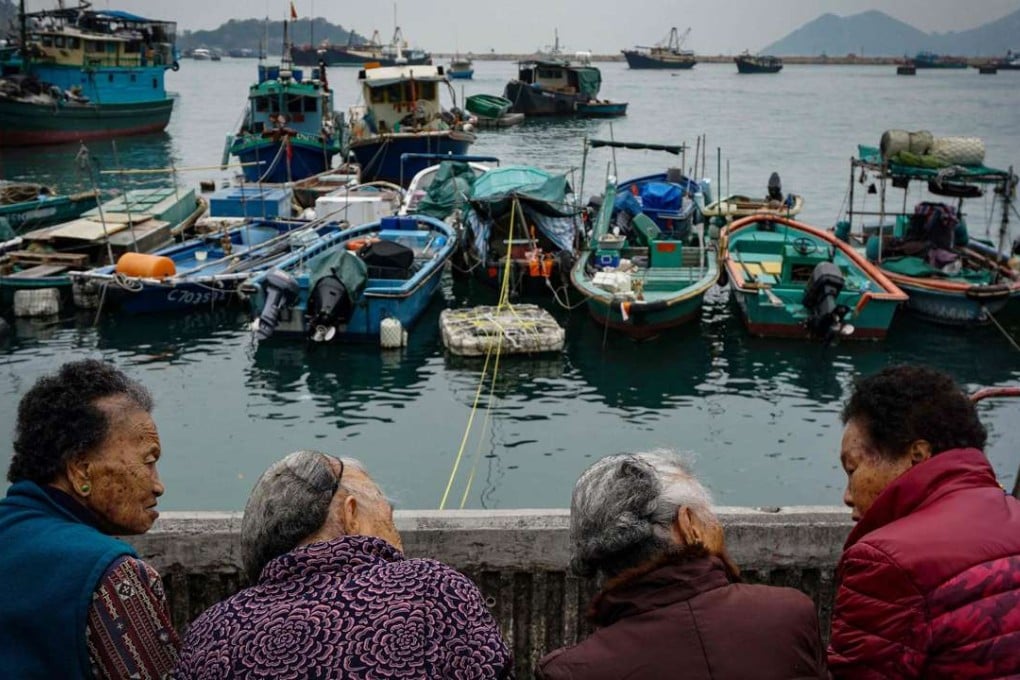Hong Kong’s next leader must strive for a fairer society by fixing the social safety net
Kalina Tsang calls on the next chief executive to get to grips with a widening rich-poor divide, and improve policies to help the working poor in particular

Hong Kong is a microcosm of the grossly unequal reality we see globally, with the richest 10 per cent of the city’s households earning 29 times more than the poorest 10 per cent. This inequality has only exacerbated the poverty here, which needs to be tackled with urgency, especially by our next chief executive.
Election candidates hope to tackle, among other things, our divided society. Talk of “divisions” often conjures up associations with political division, but our society is just as divided economically and socially. Cracks in policies have fuelled an economy that excessively rewards the privileged few and disregards the needs of the people – a system that’s both unjust and unsustainable.
Hong Kong’s appalling wealth gap is a burning fuse for revolution
Cracks in policies have fuelled an economy that excessively rewards the privileged few and disregards the needs of the people
One of the government’s notable achievements, however, is the establishment of the poverty line – currently set at half the median income for a given household size.
As welcome as such a move is, the calculation method for the poverty threshold has inherent flaws. A 2014 Oxfam study on the basic cost of living found that the poverty line underestimates the poverty threshold for one- and two-person households.
Redirect Hong Kong’s welfare spending to reach its most needy
Over the past five years, the gap between the rich and the poor has widened with alarming speed and at a rate far faster than policies are being implemented. We can and should do better.
